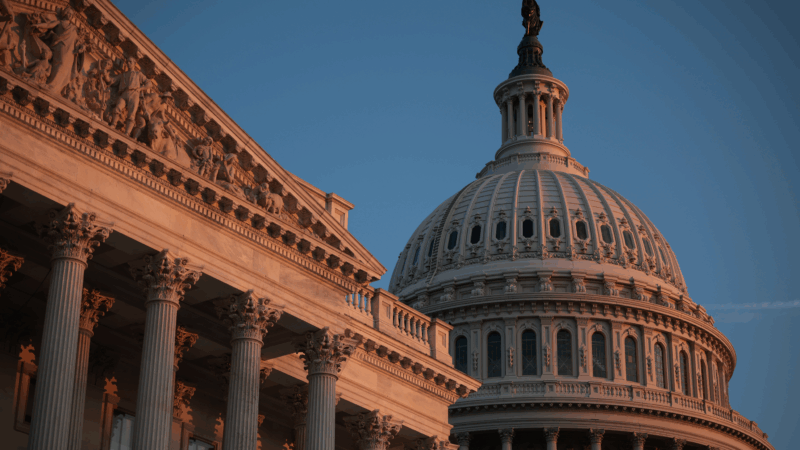Trump’s travel ban includes Afghanistan, where thousands await U.S. resettlement
President Trump enacted a travel ban on citizens from a dozen countries Wednesday, including Afghanistan, where U.S. troops were stationed for nearly two decades.
Even though the president’s travel ban applies to Afghanistan, it does include an exception.
Afghans who served with the U.S. during the war can still pursue what’s known as a Special Immigrant Visa. Since the chaotic military withdrawal of U.S. troops in August of 2021, around 200,000 Afghans have resettled in the U.S., many under that visa program.
In addition, more than 200,000 Afghans remain outside the U.S. while awaiting various stages of the application process, including many who worked with the Americans.
These figures are from U.S. officials and private groups assisting Afghans who want to move to the U.S., including AfghanEvac, an advocacy group which maintains statistics on the number of Afghan nationals attempting resettlement.
The president’s proclamation also carves out exceptions for individuals already in the U.S. seeking asylum. While it does not address refugee resettlement, the U.S. has paused almost all refugee programs under another executive order.
Many Afghans seeking SIVs and refugee status say they fear for their safety under Taliban rule in the country.
Trump cited the need to address the threat of terrorism as the catalyst for the travel ban, with the White House fact sheet noting specifically about Afghanistan: “The Taliban, a Specially Designated Global Terrorist (SDGT) group, controls Afghanistan. Afghanistan lacks a competent or cooperative central authority for issuing passports or civil documents and it does not have appropriate screening and vetting measures.”
The administration also cited visa overstay statistics in its reasoning for Afghanistan’s inclusion.
A separate program giving Afghan nationals temporary protected status in the U.S. expired in May, with final termination scheduled for July 14. In a news release at the time the end of that status was announced, Secretary of Homeland Security Kristi Noem stated: “Afghanistan has had an improved security situation, and its stabilizing economy no longer prevent [Afghans] from returning to their home country.”
The release further explained that Noem “determined that permitting Afghan nationals to remain temporarily in the United States is contrary to the national interest of the United States.”
The head of AfghanEvac, Navy veteran Shawn VanDiver, called the travel ban a “betrayal.”
“This ban does nothing to protect Americans. It punishes Afghan allies, family members, students, professionals, and humanitarian parolees—many of whom were already promised a pathway to safety,” he said in a statement.
Team USA faces tough Canadian squad in Olympic gold medal hockey game
In the first Olympics with stars of the NHL competing in over a decade, a talent-packed Team USA faces a tough test against Canada.
PHOTOS: Your car has a lot to say about who you are
Photographer Martin Roemer visited 22 countries — from the U.S. to Senegal to India — to show how our identities are connected to our mode of transportation.
Looking for life purpose? Start with building social ties
Research shows that having a sense of purpose can lower stress levels and boost our mental health. Finding meaning may not have to be an ambitious project.
Sunday Puzzle: TransformeR
NPR's Ayesha Rascoe plays the puzzle with listener Joan Suits and Weekend Edition Puzzlemaster Will Shortz.
Danish military evacuates US submariner who needed urgent medical care off Greenland
Denmark's military says its arctic command forces evacuated a crew member of a U.S. submarine off the coast of Greenland for urgent medical treatment.
Only a fraction of House seats are competitive. Redistricting is driving that lower
Primary voters in a small number of districts play an outsized role in deciding who wins Congress. The Trump-initiated mid-decade redistricting is driving that number of competitive seats even lower.






